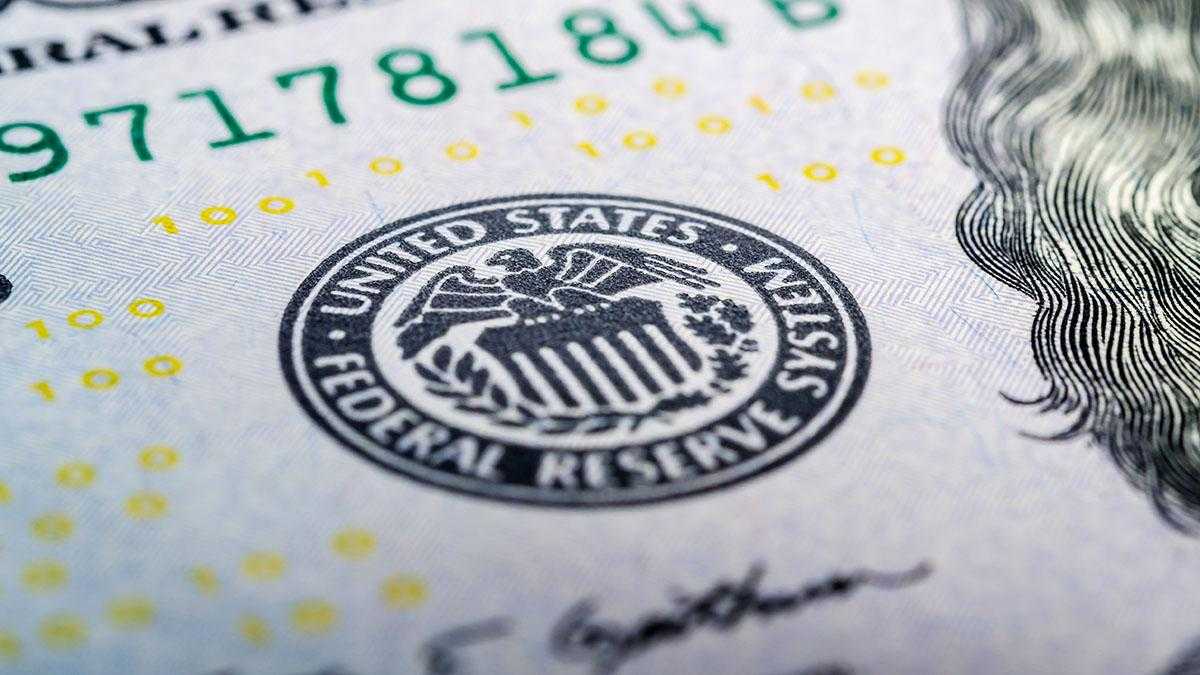- Fed Chairman Jerome Powell appeared at an economic conference renege on his previous comments on the Fed’s balance sheet policy.
- Powell added context to the comment that its wind-down was on “autopilot” with the Federal reserve using aggressive interest rate policy to influence the US economy.
- The resulting comments gave rally to equity stocks and a surge in bond yields, thanks to the Fed is “listening” to markets and can be “patient” on proposed interest rate hikes.
The US and Asian equity markets rebounded back on Friday and continue to trade higher this morning thanks to very strong US jobs report, monetary policy easing in China and bullish comments from Federal Reserve Chairman Jerome Powell indicating that the FOMC would be prepared to adapt monetary policy if the global economic shifts sentiment.

Friday’s positive US jobs report was received extremely well by financial markets. Non-farm payrolls rose to 312,000 (the best gain since February and comfortably above Wall Street expectations) in December compared to consensus of an increase of 184,000. The forecast was 179,000. In conjunction, wages also gained significantly with an increase of 0.4% m/m and 3.2% y/y in December giving a strong signal of much-needed momentum in the labour market as the year closed.
At the same time, Federal Chairman, Jerome Powell said that the FOMC’s policy is flexible and that officials are ‘listening carefully’ to financial markets. Powell also said that the Fed was prepared to be patient and observe how the economy evolves and referred to 2016. 2016 was the year the FOMC indicated four hikes but only raised the target range.
No one knows whether this year will be like 2016,” he said. “But what I do know is that we will be prepared to adjust policy quickly and flexibly and to use all of our tools to support the economy should that be appropriate to keep the expansion on track, to keep the labour market strong and to keep inflation near 2 per cent.
Powell’s comments conveniently complemented FOMC members Kaplan (who spoke on Thursday) and Mester both echoed a similar tone. The overriding sentiment is the Fed is clearly indicating flexibility in its policy for both interest rate and quantitative tightening. The market generally expects to see the Fed keep rates on hold in March.
Balance sheet tightening too
Powell acknowledged the elephant in the room which was growing concerns over the reduction of its balance sheet. Currently, it’s loaded with q combination of Treasurys and mortgage-backed securities that the central bank purchased to stimulate the economy post-2008 financial crisis. The Fed is allowing $50 billion of the proceeds it receives directly from bonds to run off monthly and reinvesting the remaining revenue. Critics argue this figure is relatively irrelevant when compared to the $4 trillion size of the balance sheet, markets have worried that the policy amounts to “quantitative tightening” as opposed to the quantitative easing employed during post-economic crash stimulus efforts.
We don’t believe that our issuance is an important part of the story of the market turbulence that began in the fourth quarter of last year,” he said. “But I’ll say again, if we reach a different conclusion, we wouldn’t hesitate to make a change. If we came to the view that the balance sheet normalization or any other aspect of normalization was part of the problem, we wouldn’t hesitate to make a change.
Powell had previously commented that he didn’t see a reason to adjust the balance sheet run-off.
China stimulus
Global and especially Asian stocks rebounded confidently after China took steps to encourage bank lending and stimulate the country’s slowing growth prospects. The People’s Bank of China announced it would reduce the amount of money that banks are required to hold in reserve, the latest in a series of radical policy changes the government has taken to support growth. The initiative will allow more liquidity for consumer lending, infrastructure projects and more spending leading to revived economic prosperity.
Along with US-China trade tensions which, as of today, are to be attempted to be rectified or renegotiated, it’s China’s slowing economy that has been the prime catalyst for the extreme market volatility in the last quarter. A lot of US funds are heavily invested in China affecting Pensions, hedge funds’ exposure and large amounts of institutional lending.